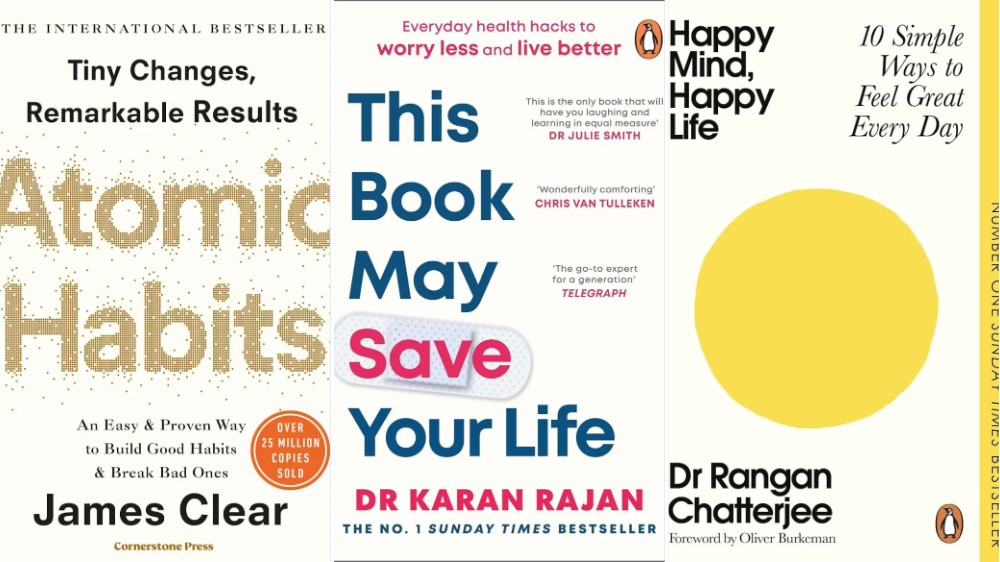
Members of the World Health Organization have adopted a landmark agreement on how to prepare for future pandemics following the Covid-19 outbreak, which killed millions of people between the years of 2020 and 2022.
After three years of negotiations, the legally binding pact was adopted by the World Health Assembly in Geneva.
“I see no objection. The resolution is adopted,” said the Philippines Health Minister Ted Herbosa, chairing the session, to applause in the room.
Yesterday, members voted emphatically in favour of the global treaty, with 124 countries voted in favour, after Slovakia called for a vote, as its Covid-19 vaccine sceptic prime minister demanded that his country challenge the adoption of the agreement.
No countries voted against, while 11 countries, including Poland, Israel, Italy, Russia, Slovakia and Iran abstained.
“Governments from all over the world are making their countries, and our interconnected global community, more equitable, healthier and safer from the threats posed by pathogens and viruses of pandemic potential,” said Director-General of the World Health Organization, Tedros Adhanom Ghebreyesus.
The draft accord, which addresses structural inequities about how drugs or vaccines and health tools are developed, following lessons learned from the Covid pandemic was formally adopted this morning.
However, it will not formally come into effect until an annex on pathogen sharing is negotiated, which could take up to two years, after which states will have to ratify the accord.
However, the agreement has been seen by many diplomats and analysts as a victory for global cooperation at a time when multilateral organisations like the WHO have been battered by sharp cuts in US foreign funding.
US negotiators left the discussions after President Donald Trump began a 12-month process of withdrawing the US – by far the WHO’s largest financial backer – from the agency when he took office in January.
Given this, the US would not be bound by the pact.














